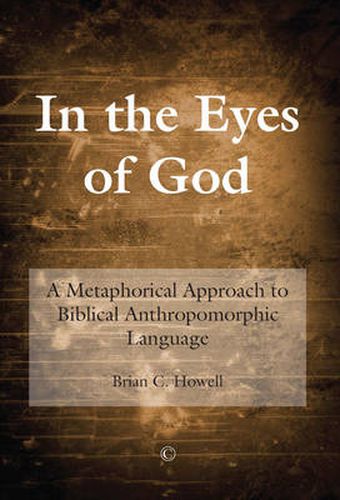Readings Newsletter
Become a Readings Member to make your shopping experience even easier.
Sign in or sign up for free!
You’re not far away from qualifying for FREE standard shipping within Australia
You’ve qualified for FREE standard shipping within Australia
The cart is loading…






Throughout the Bible, divine interaction with humanity is portrayed in almost embarrassingly human terms. God sees, hears, thinks, feels, runs, rides chariots, laughs, wields weapons, gives birth, and even repents. Many of these descriptions, taken at face value, seem to run afoul of classical thought about God’s qualities of divine simplicity, transcendence, omniscience, omnipotence, omnipresence, and, especially, immutability. Traditionally, such representations have been seen as accommodations to human intellectual and moral limitations. They allowed God to be more comprehensible but did not actually describe any real part of His character, being, or interaction with humanity. References to God seeing or hearing, for example, are not deemed to represent real acts, as God is all-knowing. This view is largely based on the Aristotelian conception of metaphors: they are rhetorical devices and should not be taken literally. Since the 1970s, our understanding of the ways in which metaphors convey meaning has become much more sophisticated. We are better able to unlock the function of human acts of God within the Bible. This book aims to explore the biblical metaphor of divine sight in Genesis and how current conceptions of metaphorical function can enrich our reading of the text and its theology.
$9.00 standard shipping within Australia
FREE standard shipping within Australia for orders over $100.00
Express & International shipping calculated at checkout
Throughout the Bible, divine interaction with humanity is portrayed in almost embarrassingly human terms. God sees, hears, thinks, feels, runs, rides chariots, laughs, wields weapons, gives birth, and even repents. Many of these descriptions, taken at face value, seem to run afoul of classical thought about God’s qualities of divine simplicity, transcendence, omniscience, omnipotence, omnipresence, and, especially, immutability. Traditionally, such representations have been seen as accommodations to human intellectual and moral limitations. They allowed God to be more comprehensible but did not actually describe any real part of His character, being, or interaction with humanity. References to God seeing or hearing, for example, are not deemed to represent real acts, as God is all-knowing. This view is largely based on the Aristotelian conception of metaphors: they are rhetorical devices and should not be taken literally. Since the 1970s, our understanding of the ways in which metaphors convey meaning has become much more sophisticated. We are better able to unlock the function of human acts of God within the Bible. This book aims to explore the biblical metaphor of divine sight in Genesis and how current conceptions of metaphorical function can enrich our reading of the text and its theology.